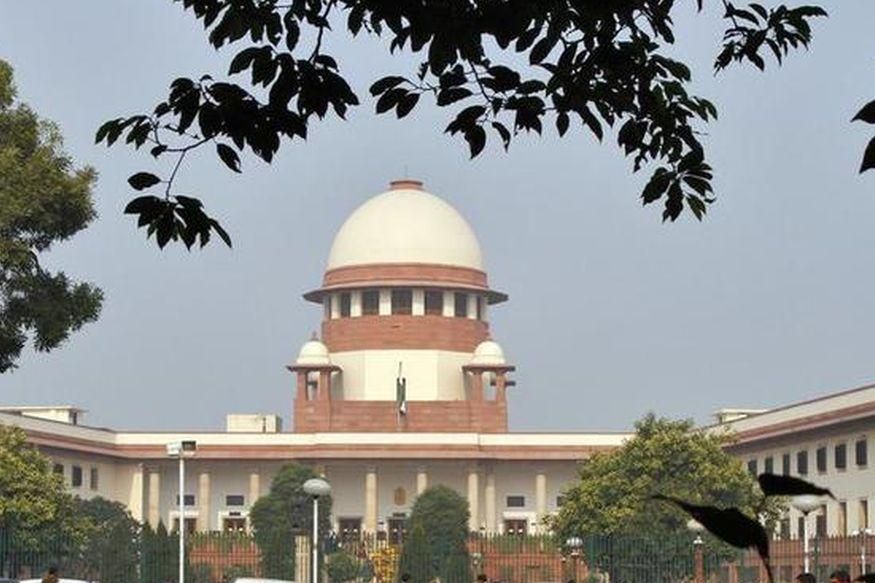Should an Illegitimate Child Also Get Ancestral Properties of Father? SC Yet to Decide as Cases Galore

New Delhi: The Supreme Court has again been confronted with the question whether an illegitimate child should get not just the self-acquired but also the ancestral properties in the hands of the father.
Eight years after this contentious issue was referred to a larger bench in the top court, a division bench has once again pointed to the need of an authoritative decision as more cases galore
A bench of Justices Uday U Lalit and Aniruddha Bose was hearing an appeal against a judgment of the Punjab and Haryana High Court passed last year. In this judgment, the high court cited some Supreme Court rulings to hold that children born out of ‘not valid’ and legal marriages cannot claim parity with the legitimate children.
The high court referred to judgments that had noted the children born out of the void marriage were not entitled to claim inheritance of the ancestral coparcenary property and were entitled to claim a share only in the self-acquired property of their father.
Therefore, when this appeal came up for hearing before the bench of Justices Lalit and Bose, the court was called upon to decide “whether in terms of Section 16 of the Hindu Marriage Act, 1955, right of an illegitimate child to succeed to the property of his father will include right to succeed to the ancestral property in the hands of the father”.
Under Section 16(3) of the Hindu Marriage Act, inheritance rights of an illegitimate child have been restricted to the property of their parents and not of any other relation, thereby excluding all ancestral properties.
The bench was also informed that the Supreme Court has taken divergent views on this issue. There were recent judgments in 2003 and 2010 which held that such children were entitled to claim a share only in the self-acquired properties of their father whereas in 2011, a different view was taken to maintain that illegitimate children are entitled to both self-acquired as well as ancestral properties.
In 2011, this issue was therefore referred to the Chief Justice of India for having a three-judge bench decide the matter. In October 2013, this question was referred to a three-judge bench so that a final judgment could be passed on the point of law.
However, the question remains unanswered till date and it was December 2018 when the main matter was listed but it was never heard.
Confronted with the same question, the bench of Justices Lalit and Bose had no option but to simply adjourn the present case, awaiting decision in the main matter. For the time being, it has ordered status quo relating to the possession and ownership of the properties in question.
Source: https://www.news18.com/news/india/should-an-illegitimate-child-also-get-ancestral-properties-of-father-sc-yet-to-decide-as-cases-galore-2372569.html





























































Comments
Test name February 19, 2016 Reply
There are many variations of passages of Lorem Ipsum available, but the majority have suffered alteration in some form, by injected humour, or randomised words which don't look even slightly believable. If you are going to use a passage of Lorem Ipsum, you need to be sure there isn't anything embarrassing hidden in the middle of text.
Test name February 19, 2016
Lorem ipsum dolor sit amet, consectetur adipiscing elit, sed do eiusmod tempor incididunt ut labore et dolore magna aliqua.
Test name February 19, 2016Reply
Lorem ipsum dolor sit amet, consectetur adipiscing elit, sed do eiusmod tempor incididunt ut labore et dolore magna aliqua. Lorem ipsum dolor sit amet, consectetur adipiscing elit, sed do eiusmod tempor incididunt ut labore et dolore magna aliqua.